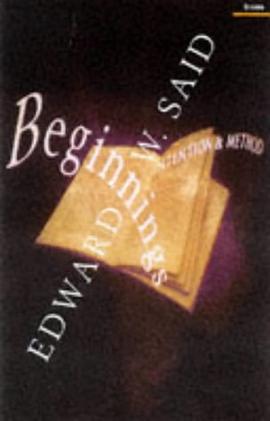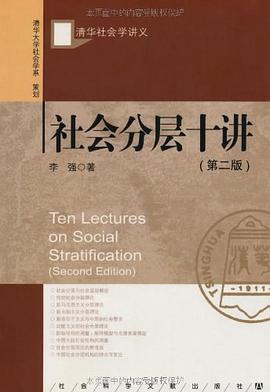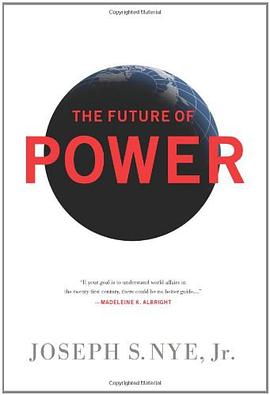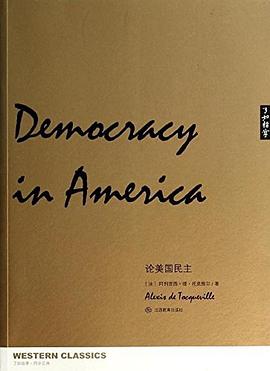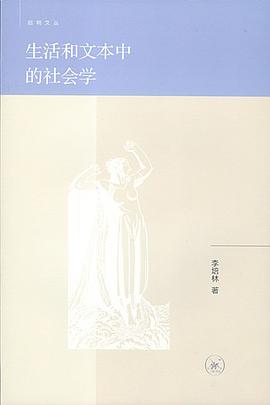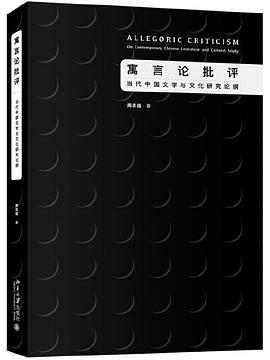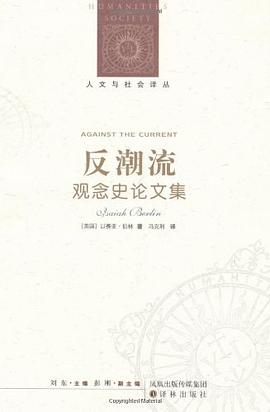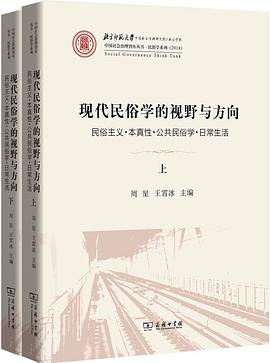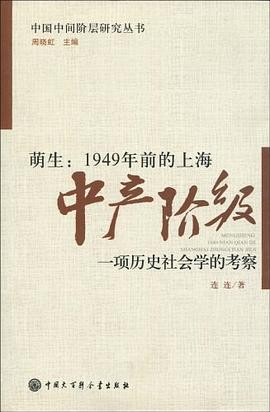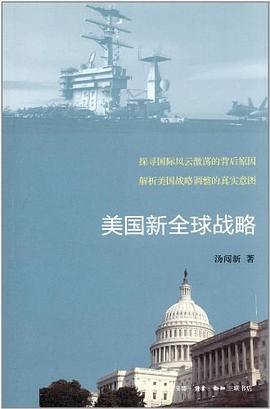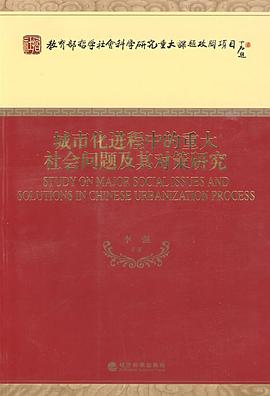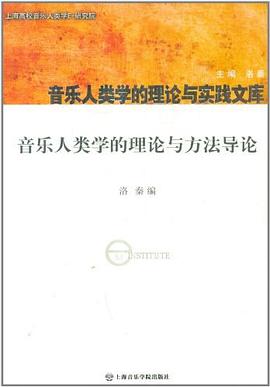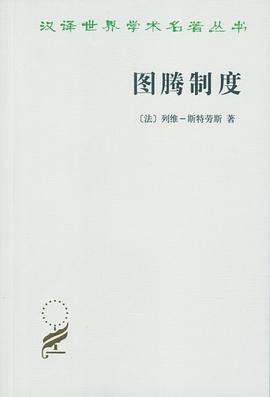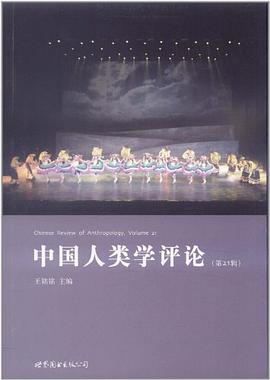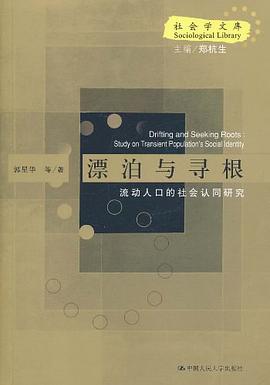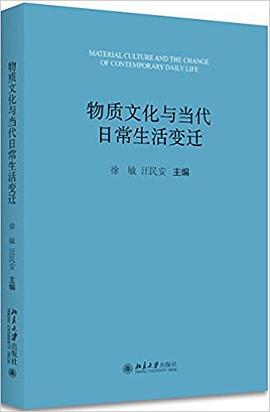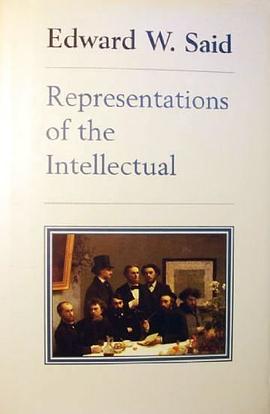

具体描述
In this series of essays, based on his 1993 Reith Lectures, Edward Said explores what it means to be an intellectual today. It is, he argues, the intellectual's role to represent a message or view not only to, but for, a public, and to do so as an outsider - someone who cannot be co-opted by a government or corporation. Interweaving literature, history and philosophy, Said describes and demonstrates how the intellectual must remain a dissenter, never putting solidarity before criticism, and speak from the margins for both the people and the issues which are routinely forgotten or ignored.
作者简介
Edward Said is well known for speaking his mind on controversial issues. In this brief lecture series, he goes beyond speaking up for a cause or a social group to defend the act of speaking up itself. Hence the double significance of the title, Representations of the Intellectual: In representing an idea to the public, the intellectual also represents an image of what it means to be an intellectual. Positioning himself against the "expert" who provides "'objective' advice for pay" (to a government, corporation, or the media), Said articulates a vision of the intellectual "as exile and marginal, as amateur, and as the author of a language that tries to speak truth to power," by "bearing witness" to forgotten, ignored, or suppressed stories. Appreciating the postmodern anxieties that may arise from his bold claims about universal moral principles and the neat separation of truth from power, Said honestly confronts the problem of objectivity. He illustrates his idea of the intellectual with historical, literary, and personal examples, candidly confiding his heroes and villains, and revealing the beliefs and passions behind his own life's work.
Copyright © 1996, Boston Review. All rights reserved. -- From The Boston Review
目录信息
读后感
“(知识分子)需要稳健的现实主义、斗士般的理性的活力以及复杂的奋斗。它予人的鼓舞激发和蕴涵的错综复杂,至少对我而言,虽然并不使人特别受欢迎,却是因而更丰富。” ----Edward W. Said,1935-2003 阅读这样的著作,经常令人感到尴尬。就像班达...
评分韦伯的〈学术与志业〉之后,知识人的地位被分离出来。与民粹主义所谓的“两张皮”理论完全相反,知识人被放在了与主流社会和建制的辩证对立面。赛义德的这本小书本来是作为英国知识界享有盛誉的Reith Lectures出版的,堪称赛义德被自我境遇激励所写出的最佳辩护词。他主张知识...
评分 评分也不知道是因為崇敬他而覺其思想汩汩而出,還是因其思想汩汩而出才生崇敬,恐怕乃是綜合這兩點才使得我沒把這麼一本話語表述極盡晦澀、閱讀體驗盡顯艱難的書扔到垃圾堆裡去——儘管這是在《東方學》和《從奧斯陸到伊拉克及路線圖》之後,我所閱讀的第三本愛德華•薩義德的著...
评分作为“流亡者”的知识分子 ——读萨义德《知识分子论》 □/徐强 “知识分子的公共角色是局外人、‘业余者’、搅扰现状的人。”萨义德如此概括1993年他在英国广播公司所作的瑞思系列演讲的主题。《知识分子论》(单德兴译,三联书店)就是这些演讲的结集。 如果要用更为简约...
用户评价
For the secular intellectual, those gods always fail.
评分Such a powerful account on the meaning and role of intellectual. Intellectuals are resistant, often marginalized, and pursue what is just and right that arises from their deepest convictions. This book is worth multiple readings, very incisive and thought provoking.
评分Such a powerful account on the meaning and role of intellectual. Intellectuals are resistant, often marginalized, and pursue what is just and right that arises from their deepest convictions. This book is worth multiple readings, very incisive and thought provoking.
评分Such a powerful account on the meaning and role of intellectual. Intellectuals are resistant, often marginalized, and pursue what is just and right that arises from their deepest convictions. This book is worth multiple readings, very incisive and thought provoking.
评分For the secular intellectual, those gods always fail.
相关图书
本站所有内容均为互联网搜索引擎提供的公开搜索信息,本站不存储任何数据与内容,任何内容与数据均与本站无关,如有需要请联系相关搜索引擎包括但不限于百度,google,bing,sogou 等
© 2026 book.quotespace.org All Rights Reserved. 小美书屋 版权所有



